A behaviour deep dive
In this heartfelt, intelligent and personal piece, PRUsAP president, Sarah Johnson takes us through a short journey through the approaches to behaviour that appear to polarise so many on Twitter and elsewhere.
There is undoubtedly a move to a certain style of behaviour management in many mainstream secondary schools that is designed to create order so that pupils can just get on with learning. One of its consequences would appear to be a growing number of pupils for whom school isn’t working.
What Johnson does here is to describe some harrowing personal experiences that unfortunately are still common among the pupils I come across in my settings.
Her description of a child’s apparent violent outbursts and uncooperative behaviours contrasts sharply with the harrowing reasons she gives for each one. It reads as a deeply revelatory account, and a call to rethink our priorities that is impossible to ignore.
While others were seizing on Seerut Chawla’ tweet (below) to justify unbending behaviour policies and call for cooling the profession’s keen adoption of trauma-informed practice, Johnson’s final plea seems to me to perfectly encapsulate why it matters so much.
“Make school a real safe place,” she writes, not one that just appears so on the surface, “disguised by quiet corridors.”
Trauma isn’t everywhere, but it isn’t always evident where it is. More flexibility in our policies is unlikely to do harm, but is likely to do a lot of good.
The worst time to strike
Meanwhile, debate over the NEU’s planned strike action continues. Fiona Atherton did justice to the various views of the profession in last week’s column, and a Schools Week article went on to give a great analysis of what it all means for schools’ planned summer events, including transition days, sports days, residentials and performances.
So I won’t tread over that old ground, but the political commentary that has followed bears a closer look.
First, Gillian Keegan gave an interview to The Times (paywalled) in which she claimed teachers “couldn’t pick a worse time to strike”. Citing the damage caused by Covid, she deplored the damage further school closures and missed opportunities would cause.
Which is true, but disruption is rather the point of strike days, and Keegan’s argument omits a fair few other damaging things for children’s prospects. To say nothing of crumbling mental health and other support services, as mentioned so eloquently by Keziah Featherstone in these pages last week, Vic Goddard summarises the key problem with Keegan’s reasoning eloquently and passionately here.
Nevertheless, the decision to support the next two days of action will be tough, and the view in the staffroom for most of this week was that this could be a tactical mistake from the NEU.
Defeat from the jaws of victory
One thing alone seemed likely to bring the profession back together, and the prime minister duly obliged: at the time of writing, Rishi Sunak is said to be likely to overrule the ‘independent’ pay review bodies, including the STRB’s recommendation to raise teacher pay by 6.5 per cent.
Easy pickings for the NEU, and Kevin Courtney’s quick take was all that was needed to show the dissonance in the government’s pay negotiations, such as they are.
Arguably, one way to neutralise the leadership unions’ concerns over unfunded pay rises is to get rid of pay rises altogether. But come the autumn, when recruitment and retention continue to prove impossible challenges, it’s unlikely that they will feel any differently about continued and more significant industrial action.
In the end, if Covid has taught us anything, it is to re-schedule and re-invent important events at the drop of a hat and with our hands tied behind our backs. Disruption to sports days will be long forgotten by September, while the stark unfairness of public sector pay restraint will continue to be very much a live issue.
This, in a week when ONS figures revealed the unabated wage growth of the top 10 per cent of earners has been a prime driver of an inflation that will see everyone else’s mortgages become unsustainable – teachers and headteachers included.
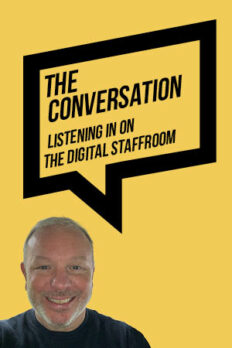
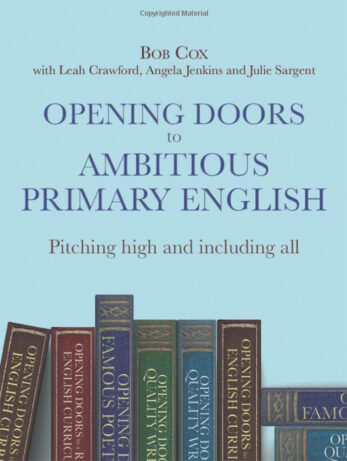

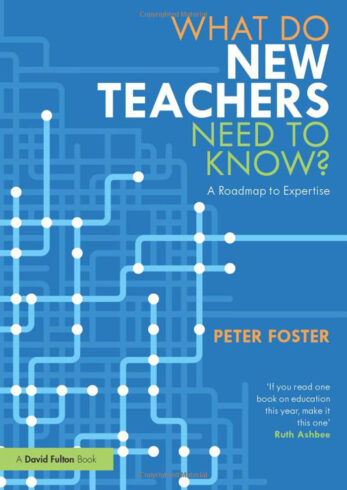

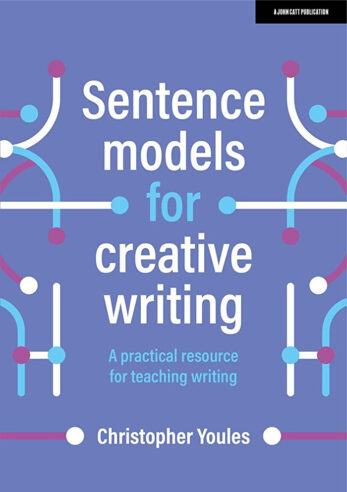
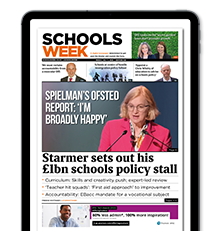
Your thoughts